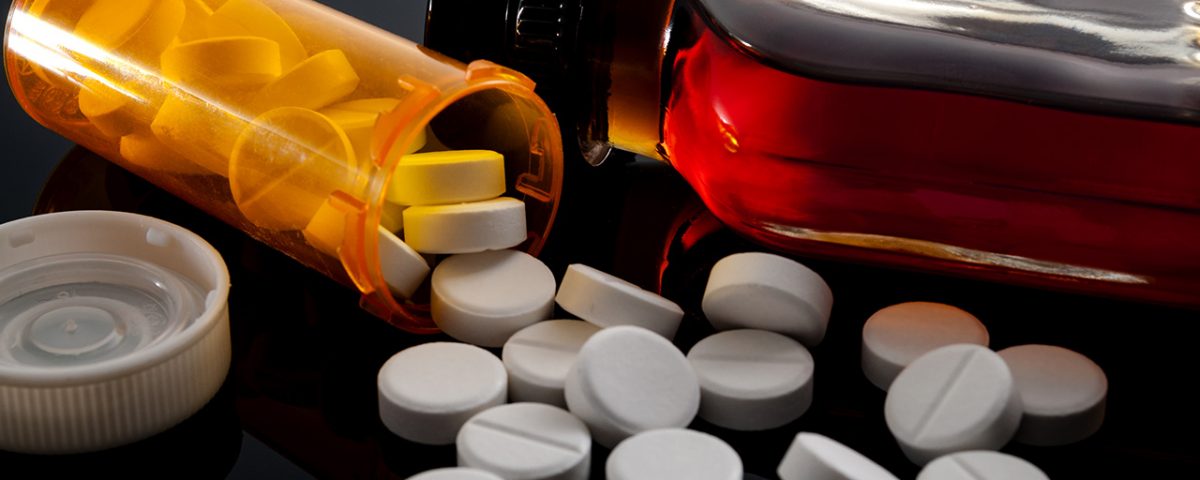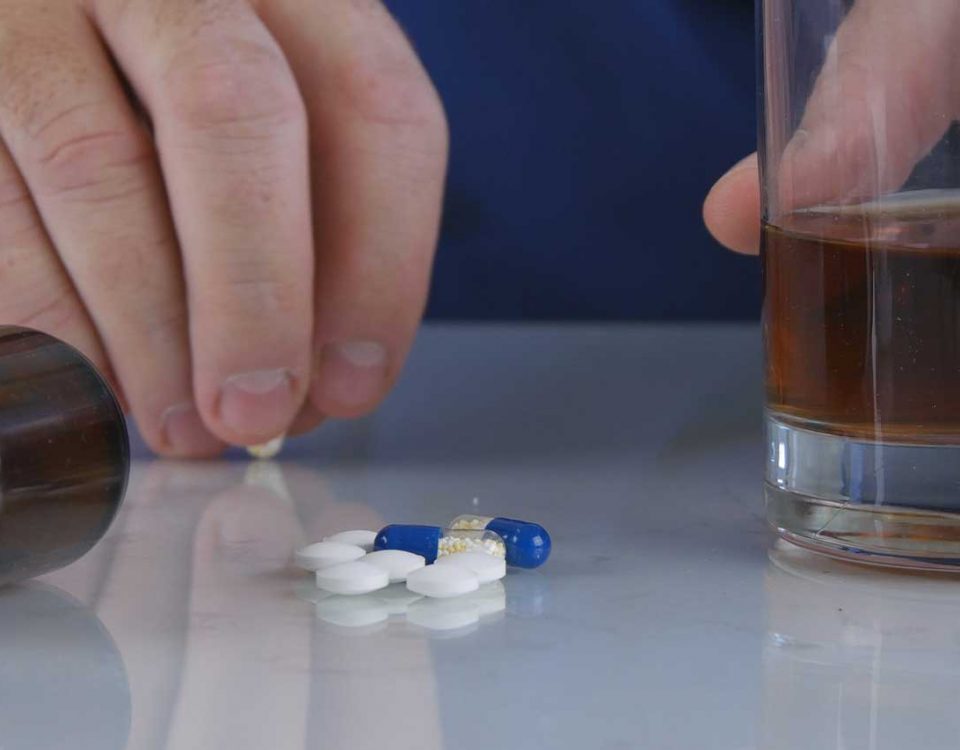Barbiturates are used to treat seizures and acute migraines and are even used as an anesthetic.
Some common types of barbiturates include Amobarbital (amytal sodium), Butisol, Capacet, Fioricet, and Nembutal. Like other sedatives, barbiturates are highly addictive and can be harmful when mixed with alcohol, opiates, or other sedative drugs. If you’ve been prescribed these drugs, then it’s important to know how long barbiturates stay in your system to avoid drug interactions and overdoses.
What Are Barbiturates?
Barbiturates are sedative-hypnotics, a type of central nervous system (CNS) depressant. In the 1960s and 1970s, these drugs were physicians’ number one choice for treating anxiety, insomnia, and other conditions, despite their adverse side effects. Barbiturates are derived from barbituric acid (malonyl urea) and were first synthesized in 1903. By the 1950s, the adverse side effects of these drugs were becoming more apparent. Even so, it wasn’t until the 1970s that doctors reduced the number of prescriptions they were writing for barbiturates.
Eventually, these medications were replaced with benzodiazepines, CNS depressants that, although also addictive, were found to be far safer. However, barbiturates are still used in certain circumstances, such as treating specific seizure conditions, insomnia, and migraine headaches. They may also be used in a hospital setting for sedation before surgery. Like benzos, barbiturates work by increasing the activity of the chemical gamma-aminobutyric acid (GABA). GABA is known as an inhibitory neurotransmitter because it blocks or inhibits activity in the brain, reducing muscle spasms, relieving anxiety, preventing seizures, and inducing sleep.
While this medication is effective in treating certain disorders, barbiturates are also highly addictive, making them a typical drug of abuse. Despite the reduced number of prescriptions written, many people are still able to obtain these substances illegally. When abused for long periods, barbiturate addiction can occur, which may often only be treated with the help of a partial hospitalization program.
When Do Barbiturates Side Effects Kick-In?
Barbiturates reduce activity in the central nervous system by increasing the level of GABA. When taken in high doses, barbiturates’ and depressants’ side effects are also similar, including extreme sedation and a sense of euphoria. Some other common barbiturates effects include:
- Euphoria
- Sedation or relaxation
- Sleepiness or drowsiness
- Reduced inhibition
- Impaired judgment
- Slurred speech
- Loss of coordination
- Confusion
The effects of barbiturates begin within 30 minutes and can last from 4 to 16 hours. How long barbiturates stay in your system and how long their side effects last may vary, however. There are different kinds of barbiturates – such as ultra-short-, short-, intermediate-, and long-acting – and each varies in duration.
How Long Barbiturates Stay In Your System
Barbiturates can come in different formulations, meaning that the duration of their side effects and how long they remain in your system vary. Barbiturates are either ultra-short acting, short-acting, intermediate-acting, or long-acting. This influences how long they stay in your body and how frequently a patient has to take them. Short-acting barbiturates also have a short half-life, which refers to how long it takes for half of the drug to be eliminated from your system. Short-acting barbiturates’ half-life varies from 4 to 38 hours. These drugs are metabolized in the liver and then excreted in the urine.
Do Barbiturates Show Up on a Drug Test?
Yes, barbiturates show up on a drug test. The most common types of drug tests for barbiturates are urine and hair drug tests. The detection window for these drugs depends on the type of test used. Usually, barbiturates can be detected for as long as:
- Blood: 72 hours or three days
- Saliva: 72 hours or three days
- Urine: 6 weeks
- Hair: 3 months
Additionally, several factors can affect how long barbiturates can be detected in your system, including weight, age, hydration levels, food intake, sex, metabolism, the dose taken, and frequency of use. People who abuse barbiturates may have a longer detection window than those who do not. Not only is your detection window wider as a result of chronic drug use, but your risk of organ failure and overdose also increases. Care for barbiturate abuse is available at Banyan Palm Springs through our prescription drug addiction treatment.
Although barbiturates aren’t as commonly prescribed as benzos or other sedatives, they’re still common drugs of abuse with a high potential for addiction. Those who are battling a substance use disorder can get the care they need at our drug rehab in Palm Springs, CA. Call Banyan Treatment Centers at 888-280-4763 to learn about our California drug treatment programs. .
Related Readings:









